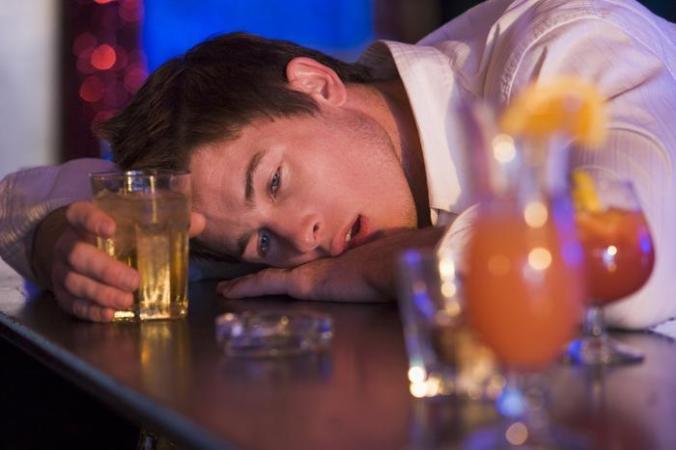Binge drinking has all but become a tradition on college campuses across the country. Drinking games among 30- and 40-year old may also entail patterns of excessive drinking that can be dangerous in both the short- and long-term.
According to the Centers for Disease Control & Prevention, 90 percent of people who engage in excessive drinking binge drink while 90 percent of alcohol consumed by young adults is in the form of binge drinking. While not everyone who engages in bingeing behavior will develop an alcohol addiction, the potential remains high all the same.
Binge Drinking
The National Institute on Alcohol Abuse & Alcoholism defines binge drinking as a pattern of drinking where multiple drinks are consumed in the same setting. For women, four or more drinks qualify as bingeing. For men, it’s five or more drinks.

There’s a slight distinction between binge drinking and heavy drinking, with heavy drinkers consuming five or more drinks at a time for five days in a row within a 30-day period. These drinking patterns increase a person’s blood-alcohol level to .08 or more within a short period of time.
Both binge drinking and heavy drinking can alter the brain’s natural chemistry in drastic ways. When these patterns repeat on a frequent basis, the risk of developing alcohol addiction increases considerably.
Alcohol Use Disorder
The effects of binge drinking on brain and body functioning come with a very real risk of developing alcohol use disorder. According to the University of Rochester Medical Center, signs of alcohol use disorder show up in a person’s daily life in the following ways:
- Risk-taking behaviors, such as driving under the influence.
- Inability to function effectively at school or on the job.
- Continued drinking in the face of mounting relationship problems with friends and loved ones.
- A growing physical dependence on alcohol.
In effect, an alcohol use disorder marks the beginnings of alcohol addiction in the absence of needed treatment help.
Signs of Alcohol Addiction
Alcohol addiction takes root within the areas of the brain that regulate thinking, emotions and motivations. Subsequently, the effects of addiction impact a person’s psychological makeup in drastic ways.
Over time, addiction takes on a lifestyle of its own in terms of where a person spends his or her time, what motivates him or her as well as what’s most important from day-to-day. Signs of alcohol addiction typically take the form of:
- Frequent hangovers, also known as withdrawal episodes.
- Lying to conceal drinking.
- “Blacking out” on a regular basis.
- Inability to stop drinking once it starts.
- Using alcohol to enhance mood or mask difficult emotions.
- Disregard for negative consequences.
- Denying that a problem exists.
Considerations
As acceptable as binge drinking may be in certain settings, the harmful effects remain the same. Excess drinking in any form sets the cycle of alcohol addiction in motion.
In effect, a growing addiction problem often develops without a person’s even knowing it while signs of distress may be plainly apparent to friends and loved ones. Overall, it’s best to take steps to get needed treatment help before the effects of alcohol addiction diminish your ability to do so.